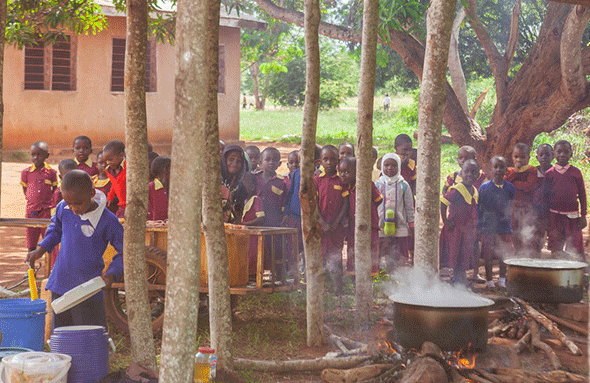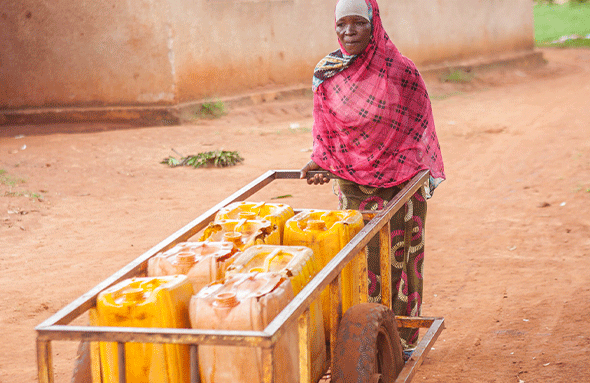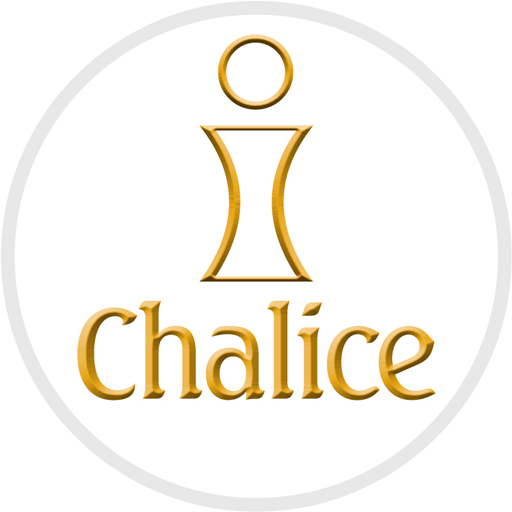
Mkono wa Mara Primary School, founded in 1964, now has 423 students that come fromtanzania mbinga sMkono wa mara overview several villages. The school has an iron sheet roof, and does not have electricity or piped water. Without these, the school struggles to provide clean water to the children.
Students travel three kilometers across a rough, dusty road to get to school. Often, children are late or can’t make it to class at all, especially when itrains and the road becomes muddy.
Lacking school uniforms and school supplies, many do not attend school regularly.
Three of the school’s classrooms are not considered fit for use, and in the five they can use, four to six children share one desk. Many rooms require painting and repairing of doors and windows, while solar lighting could help the children study in the evenings.
With no school kitchen, all cooking, serving and mealtimes are done in an open space under trees. During the rainy and windy seasons, this is a major challenge for the cooks and the children.

What about the community?

Rain-driven agriculture is the main source of livelihood for locals, but farm outputs aren’t enough for at-home eating and selling. Just like the school, there’s no access to piped water.
To get to the community, you need to take a rough road that’s hard to walk on in the rainy seasons.
The community desperately needs a borehole (a shaft in the ground to extract water) to address its acut water problems, particularly during the dry months.
What does Chalice do?
The school has a feeding program, and parents contribute maize and beans after harvest to ensure the children have a healthy lunch. As a result, regular school attendance has gone up to 80%.
National exam results for grades four and seven have also improved since the program began.
A huge thank you to St. Teresa of Calcutta School in Lethbridge, AB, for partnering with Mkono Wa Mara Primary School in 2022.
What does the school need most?


